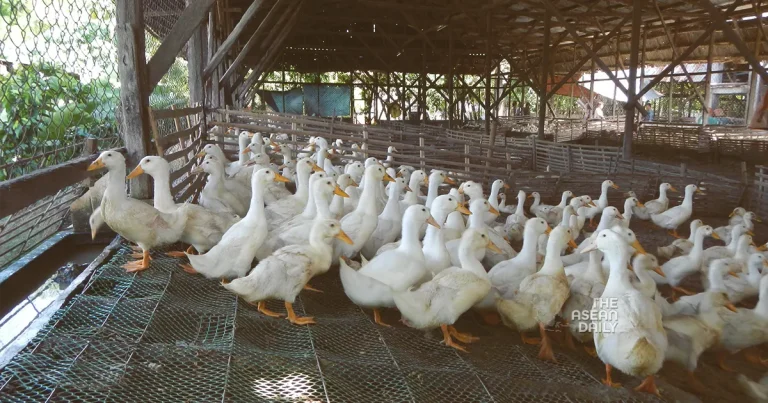11-10-2023 (BANGKOK) The cabinet has given its approval for an agreement to amend export procedures for duck parts destined for China. It is anticipated that this amendment will result in a substantial increase in the value of duck exports, with the first-year estimate reaching an impressive 1 billion baht.
Government spokesman Chai Wacharonke revealed that the cabinet has passed a resolution to amend the existing procedures between the Ministry of Agriculture and Cooperatives and the Chinese Customs Office. These amendments primarily pertain to inspection criteria, quarantine measures, and veterinary health standards governing the export of 18 different duck parts from Thailand to China.
Mr. Chai further stated that the agreement is expected to be formally signed during the visit of the Chinese prime minister scheduled from October 17 to October 20. Once the agreement is signed, it will come into immediate effect, facilitating the smooth flow of duck exports between the two nations.
The 18 duck parts covered under this agreement include feet, wings, mid-wings, wingtips, upper wings, livers, necks, gizzards, hearts, kidneys, tongues, heads, beaks, bones, cartilage, tendons, fat, and skin.
Moreover, Mr. Chai confirmed that the Chinese Customs Office has granted approval to include these additional duck parts in the export list. However, he specified that the Ministry of Agriculture and Cooperatives will need to make amendments to Appendix 2 of the 2018 agreement, while keeping the list of frozen chicken products unchanged.
Highlighting the benefits of this agreement to Thailand, Mr. Chai emphasized that it will open up new avenues for increased exports of ducks and duck parts to China. This expansion of the market will create trade and investment opportunities, ultimately raising the value of Thailand’s animal product shipments.
Mr. Chai also recalled that in the past, China had permitted Thailand to export chickens and frozen chicken parts, resulting in exports amounting to 13 billion baht in 2022. With chicken feet being particularly popular in the Chinese market, there is currently a shortage in China, leading to robust demand. To address this, China has given the green light for the import of duck parts as an alternative to fulfill consumer demand.
In another notable development, the cabinet has also approved the signing of an agreement concerning food safety, veterinary medicine, and plant protection for the export of bee products from Thailand to China.




